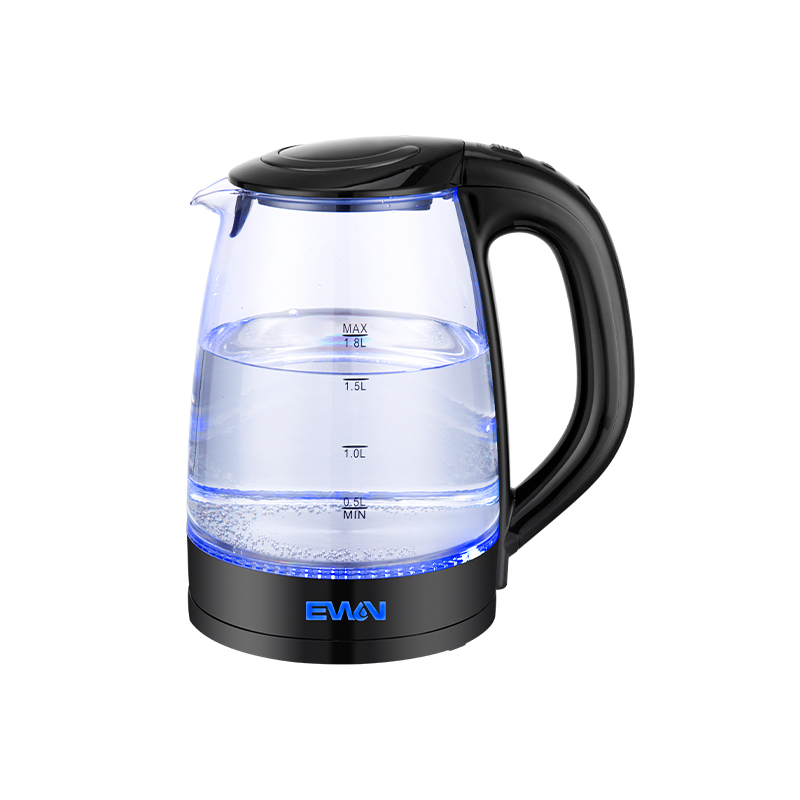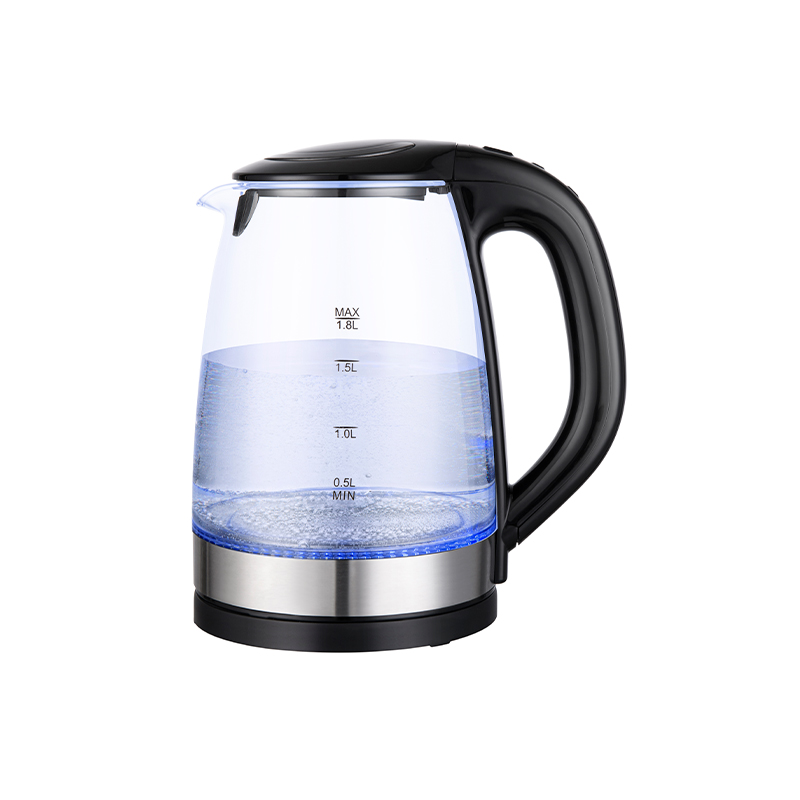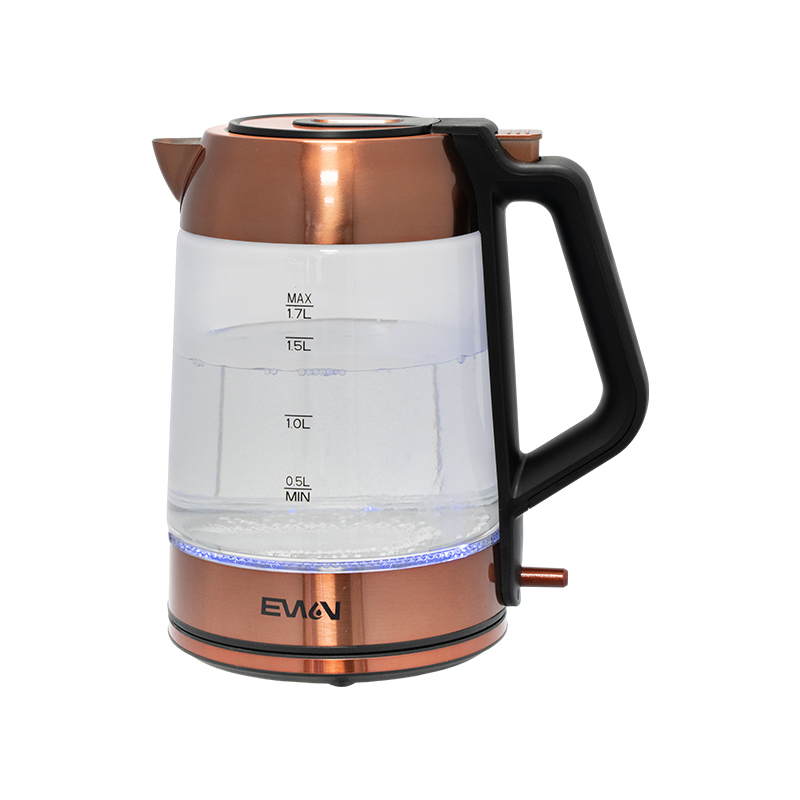+86-18667862027
Web Menu
Product Search
Exit Menu
Does the slush machine support precise control of temperature, speed, or concentration?
Introduction to Slush Machines
Slush machines are widely used in commercial and hospitality settings to prepare frozen beverages such as fruit slush, soda slush, or flavored ice drinks. They operate by continuously mixing and cooling a liquid mixture to create a semi-frozen consistency. A critical feature for many operators is the ability to precisely control key parameters such as temperature, mixing speed, and concentration of the beverage. This control impacts both the quality and consistency of the final product, as well as operational efficiency and product versatility.
Temperature Control in Slush Machines
Temperature control is a fundamental aspect of slush machine operation. Maintaining a precise temperature ensures that the beverage achieves the desired semi-frozen consistency without freezing solid or remaining too liquid. Modern slush machines often include thermostats, temperature sensors, and electronic controllers that allow operators to set target temperatures. Consistent temperature management is crucial, as variations can affect both taste and texture. Some machines also feature automatic temperature compensation systems that adjust cooling intensity based on the ambient environment or the temperature of the incoming mixture.
Speed Control and Mixing Mechanisms
Mixing speed directly influences the texture and homogeneity of slush beverages. Slush machines typically use rotating paddles or augers to mix the liquid continuously while cooling. Precise speed control allows operators to adjust the rotation rate to accommodate different types of mixtures, such as high-sugar or viscous formulations. Slower speeds may be preferable for denser mixtures to prevent over-crystallization, while faster speeds can help maintain uniform particle distribution in more fluid slush drinks. Advanced machines provide electronic or digital speed adjustments, ensuring consistency between batches.
Concentration Control and Beverage Consistency
Concentration control refers to the ratio of flavoring, sugar, or other additives in the slush mixture. Maintaining consistent concentration is essential for flavor balance and visual appeal. Some slush machines are equipped with programmable mixing systems or dosing pumps that allow operators to regulate the proportion of concentrate to water or base liquid. Precise control of concentration ensures that each serving has the same taste profile, reduces waste, and improves customer satisfaction. Machines with integrated monitoring systems can alert operators if concentration levels fall outside desired parameters.
Integration of Temperature, Speed, and Concentration Controls
Modern slush machines integrate temperature, speed, and concentration controls into a single interface, often a digital touchscreen or control panel. This integration enables operators to adjust multiple parameters simultaneously, tailoring the preparation process to specific beverage types. For instance, a high-fructose fruit slush may require slightly higher temperatures with slower mixing to avoid freezing irregularities, while a carbonated slush may need faster mixing to maintain gas distribution. Integrated control systems simplify these adjustments, allowing for more precise and consistent beverage production.
Impact on Product Quality
Precise control over temperature, speed, and concentration has a direct effect on the quality of slush beverages. Consistency in freezing and mixing ensures uniform particle size and smooth texture. Accurate concentration control preserves intended flavor profiles and sweetness levels, while correct speed and temperature settings prevent over-crystallization or separation of ingredients. By maintaining these parameters, operators can produce beverages that meet quality expectations consistently across multiple batches, which is particularly important in commercial settings where customer experience is paramount.
Technological Features Supporting Precision
Several technological features support precise control in slush machines. Sensors monitor temperature and viscosity, while electronic controllers adjust refrigeration and paddle speed in response to real-time data. Some machines include programmable recipes, allowing operators to save preferred settings for specific beverages. Alarm systems or indicators may notify operators of deviations from set parameters, enabling timely intervention. These technologies collectively enhance the reliability and repeatability of slush preparation, especially when producing multiple flavors or formulations.
Operational Flexibility and Customization
Precise control provides operational flexibility, allowing operators to create a wide range of beverage textures and flavors. Adjustable settings enable experimentation with lower sugar content, fruit pulp variations, or carbonation levels without compromising the freezing process. This adaptability makes slush machines suitable for diverse commercial environments, including cafes, convenience stores, event catering, and high-volume beverage production. By offering control over key parameters, these machines allow businesses to respond to customer preferences and product trends effectively.
Maintenance and Calibration Considerations
Maintaining precision in temperature, speed, and concentration requires regular calibration and upkeep. Temperature sensors, speed controllers, and dosing systems should be checked periodically to ensure accurate readings and operation. Cleaning routines are also essential, as residue buildup can affect mixing efficiency and sensor accuracy. Preventive maintenance helps sustain the machine’s ability to deliver consistent results, extending its operational life and reducing the likelihood of production inconsistencies or equipment failure.
Industry Applications and Use Cases
Slush machines with precise control capabilities are widely used in food and beverage industries, including retail beverage outlets, amusement parks, catering services, and convenience stores. These machines can accommodate different recipes and beverage formulations while maintaining consistency across servings. Precision in temperature, speed, and concentration allows operators to produce a variety of products, from lightly frozen fruit slush to highly viscous ice-based drinks, meeting the expectations of diverse customer segments.
Advantages of Precision Control
Precision control over temperature, speed, and concentration enhances operational efficiency, reduces waste, and improves product consistency. It allows for greater versatility in beverage offerings and ensures that each serving meets the desired texture, flavor, and appearance. Moreover, precise controls reduce the need for constant manual monitoring, freeing staff to focus on other operational tasks. These advantages make slush machines a practical solution for businesses seeking reliable and adaptable beverage production equipment.
Key Features Supporting Precision Control in Slush Machines
| Feature | Description |
|---|---|
| Temperature Sensors | Monitor and maintain target freezing temperatures for consistent slush texture |
| Speed Control | Adjustable mixing speed to regulate ice particle size and uniformity |
| Concentration Dosing | Allows precise measurement and mixing of flavoring, sugar, or additives |
| Programmable Recipes | Store preferred settings for multiple beverage types |
| Integrated Control Panel | Simultaneously manages temperature, speed, and concentration parameters |
| Alarms and Indicators | Alert operators of deviations from set parameters for timely adjustments |
| Maintenance Alerts | Reminders for cleaning and calibration to sustain precision |
address
No.935 Qiye Road, Zhouxiang Town, Cixi City, Zhejiang Province, China
Sale’s Email
leila@nbewin.com
sales8@nbewin.com
sales9@nbewin.com
Copyrighte Ningbo Ewin Electrical Appliances Co., Ltd. All Rights Reserved.












